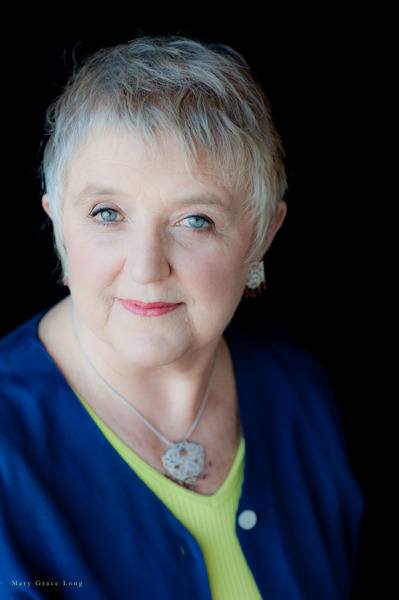by LIZ TAYLOR
What is aging? When is a person “old”?
When I was a kid, I yearned to be older. My mom promised, “You’ll understand when you grow up.” But when I did get older, I discovered there were things I didn’t want to understand.
My generation, the boomers, never intended to age. We wouldn’t do it! We swore we’d never trust anybody over 30, much less 50 or 60. Yet, here we are – all 78 million of us – cruising into middle and old age (the youngest is 50, the oldest 68).
For years I’ve seen the graying of my friends, the frailty and death of my parents, wrinkles on a face (mine!) that used to be seamless, even a trend in the comics to joke about growing old. The obituaries list people my age or younger who have died.
So again, what is aging, and when is a person old? Having worked with many people in their 80s and 90s, I know there is no set answer. One definition has to do with our health – a person can seem ancient at 55 because of poor health, while another, 25 years older, might be vital and lively.
But the definition I’m talking about has little to do with age or health. Rather, it has to do with our perceptions of age. And our perception of who is old or young changes throughout our lives – as we age.
Nature has devised a little-known phenomenon that allows each of us to believe we are young forever. Aging, after all, is relative, and our definition of “old” depends on whom we’re comparing ourselves to. Here’s how it works:
We tend to perceive people as being an acceptable age – neither “too young” nor “too old” – if they are within 10 years either side of our current age. Anyone over that 10-year boundary is either a “child” or a “relic.”
See if this rings true for you. Let’s say you’re 40 years old. You meet your neighbors who are around 35. Unconsciously, you perceive them as being like you. You see a friend who’s 47. Same impression.
But along comes Sam who just turned 65, and your internal alarm sounds. Old! Out-of-date! Yet to Sam, you’re a baby, an inexperienced youth. Sam, on the other hand, views people in their mid-50s to mid-70s as his peers, while they seem ancient to you.
This phenomenon was illustrated some years ago when my friend Bill lamented the premature death of his friend. The way he talked, his buddy sounded young. Finally I asked how old Bill’s friend was when he died. His answer: 86. Much too young to die, according to 81-year-old Bill!
We keep this changing perception of age as long as we are alive. It guarantees that, while I may seem old to you, I’ll always be young to myself. It also explains one of my favorite adages: The older I get, the older “old” gets.
A resident of Lopez, Liz Taylor has worked in the aging field for 40 years and wrote a column for The Seattle Times. You can reach her at lizt@agingdeliberately.com. This column is sponsored by Cap Sante Court.




